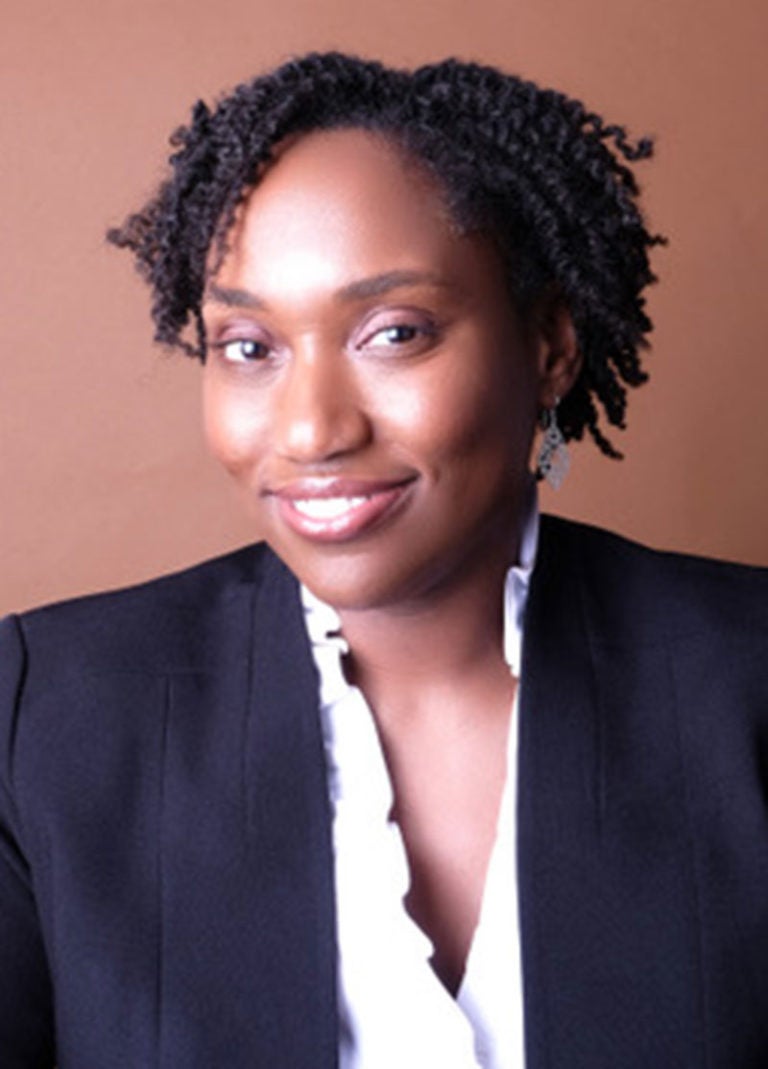
What does it mean when every American doesn’t become part of that experience? It’s such a strong symbol of what it means to be an American. Then how do we understand McDonald’s as not just a manifestation of the mechanization of food production, leisure culture, dining out, and cars, but also as a reflection of policies around race?Īlso, consumer citizenship becomes so important in the 1950s. HUMANITIES: What was McDonald’s like in its earliest incarnation?ĬHATELAIN: It is hard for many of us to imagine a world without McDonald’s, but there was a time when McDonald’s was new to communities, when it was an unknown quantity for people who were exercising their consumer freedoms for the first time.įrom my perspective, McDonald’s represents mid-century consumer culture as well as the political and racial climate at the time, because so much of what creates the image of McDonald’s in the 1950s is suburbia, car culture, and freedom of mobility, all experiences and ideas that are off-limits to African Americans of the time. I started to think about the need to historicize that relationship, and ask, If we historicize the relationship, does it change the nature of the interventions that people were making around the issue of food and health? Then, in the early 2000s, there was growing concern about health and nutrition and the impact of fast food on communities of color. I found it really fascinating that so much of African Americans’ relationships to McDonald’s was outside the bounds of a consumer relationship. holiday, there were a lot of Black franchise owners who were involved in the cultural life of Black Chicago. Whether it was a back-to-school parade or local programming around the Martin Luther King Jr.


MARCIA CHATELAIN: One thing I observed growing up in Chicago is just how often African-American cultural events were shaped and sponsored by the influence of Black McDonald’s franchise owners. HUMANITIES: How did you first become interested in the history of McDonald’s, and when did you connect that to the larger story of civil rights history?


 0 kommentar(er)
0 kommentar(er)
